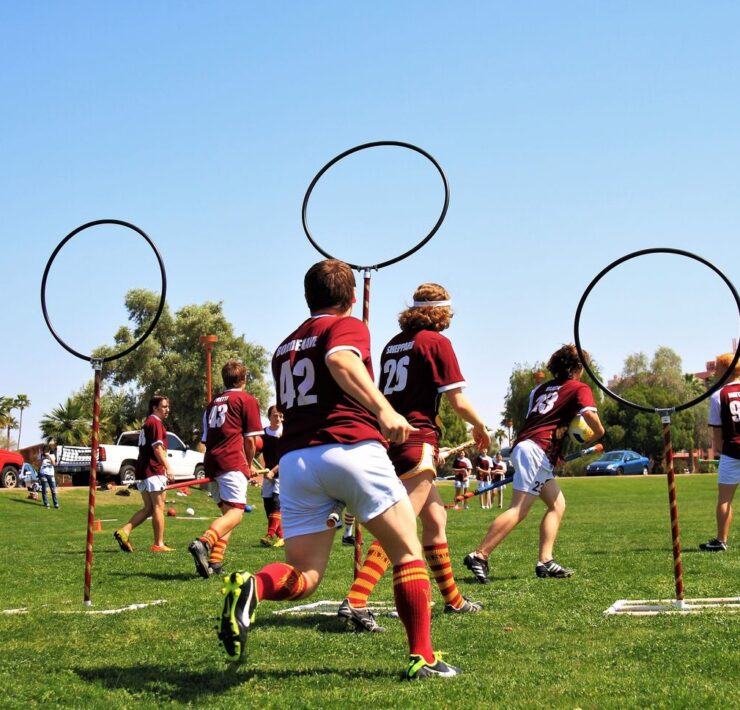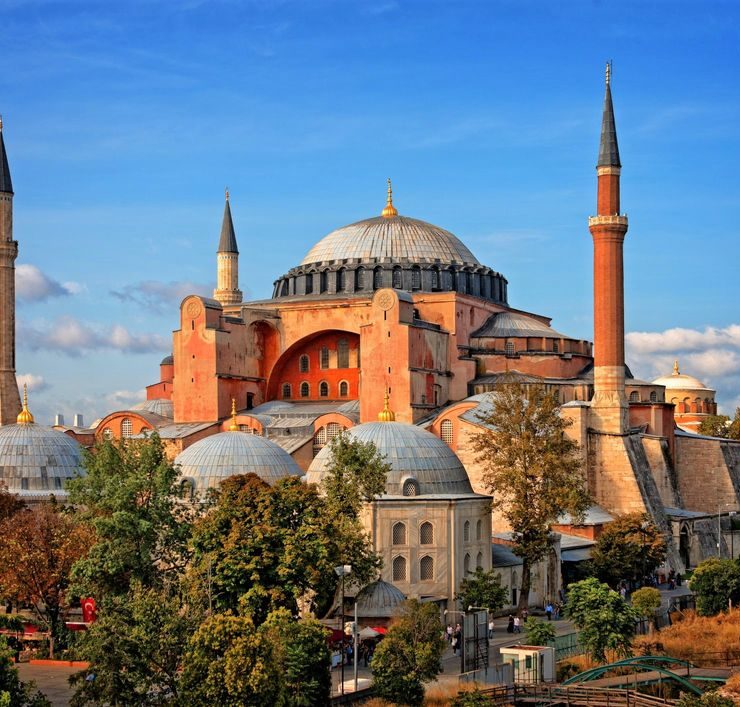The world has witnessed many wars – some were fought years after years, some were notorious for their violence and huge number of casualties, and some were important for changing the course of world history. However, the little-known Anglo-Zanzibar War has also claimed a spot in the war history of the world, not for any important reason or for carrying any historical value but for being the shortest war in the history.
The Anglo-Zanzibar War in 1896 took only 38 minutes! It started at 9:02 in the morning EAT (East African Time) and the fire ceased at 9:40 a.m. EAT.
Historical Background of the Shortest War
In 1890, the Heligoland-Zanzibar treaty was signed between the United Kingdom and Germany. It outlined the specific regions of influence for the imperial powers in East Africa. According to the signing, Germany took over the mainland Tanzania while Britain took Zanzibar under its influence.
Britain declared the region as a protectorate of the British Empire. They throned their own ‘puppet’ Sultan Hamad bin Thuwaini in the region in 1893. The problem began after the Sultan’s sudden death on August 25, 1896. Within a few hours of his death, his nephew, 29-year-old Khalid bin Barghash, who many suspected the one to poison the Sultan, seized the crown in a coup. Khalid was not Britain’s favorite and he refused to seek the Empire’s approval, which the Sultans of Zanzibar were bound to do according to the signed treaty.
The 38-Minute War
The Empire decided to dethrone Khalid and install their chosen candidate Hamoud bin Muhammad to the throne. They gave Khalid time until 9 a.m. EAT, August 27, to cede the power. He responded by assembling HHS Glasgow – the ex-Sultan’s yacht – into a navy, 2 boats (more like 2 big motorboats), a quartet of artillery batteries, and 2,800 men of his own to fortify the palace.
On the other end, the British assembled five modern warships, including three cruisers and two gunboats, in the palace-front harbor and gathered more than 1,000 land troops. Khalid did not believe that the British would actually attack the palace. He sent a message to Basil Cave, the British diplomatic point of contact, thirty minutes before the attack. Cave told him to step down but he refused to oblige.
After the ultimatum ran out, the British started firing at 9:02 a.m. EAT. The British navy sank Khalid’s fleet and completely destroyed the palace. The Sultan’s flag came down from atop the palace and the war was over at 9:40 a.m. EAT. It was the shortest war but more than 500 people were either killed or wounded. Only one British soldier was injured but he recovered later.
The Outcome
Khalid fled to the German Embassy and was granted asylum. Britain made Hamoud bin Muhammad the next Sultan and he served until his death in 1902. Zanzibar secured its independence from Britain through an uprising in 1964. The archipelago joined Tanzania and is currently a semi-autonomous part of Tanzania in East Africa.
On the other end of the spectrum, the longest war in history lasted for 335 years without a single shot fired. Known as the Three Hundred and Thirty Five Years’ War, the bloodless, theoretical state of war started in 1651 between the Netherlands and the Isles of Scilly and came to an end by declaring peace in 1986. Apart from that, the longest war with bloodshed was the Hundred Years War between England and France continued from 1337 to 1453.
When On Earth Magazine is for people who love travel. We provide informative travel guides, tips, ideas and advice regarding places to see, things to do, what to taste, and much more for world travelers seeking their next dream vacation destination.





